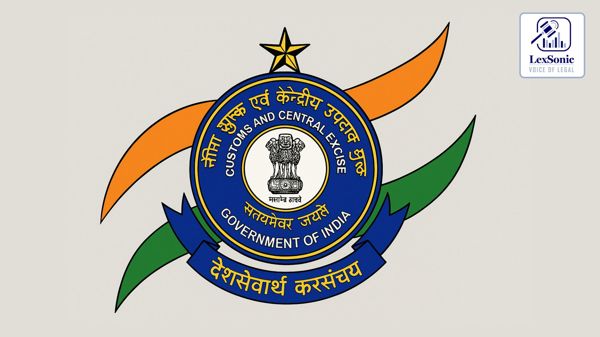In a recent decision, the Bombay High Court dismissed an appeal challenging the orders of the Customs, Excise and Service Tax Appellate Tribunal (CESTAT). The case revolved around the refund of unutilized Cenvat Credit under the Central Excise Act, 1944, and the applicability of previous legal precedents to the specific facts of the Appellant’s case.
The Facts of the Case:
The Appellant had applied for a refund of Cenvat Credit, which had remained unutilized due to the continued operational status of their factory. Their application for refund was rejected by the CESTAT, which cited an earlier Full Bench ruling in Gauri Plasticulture P. Ltd. v. Commissioner of Central Excise, Indore (2018 (360) E.L.T. 967 (Bom.)). The Appellant argued that their case differed from Gauri Plasticulture, and that refund of unutilized Cenvat Credit, either in cash or as credit to other operational units, should have been granted.
The Appellant also relied on the decision in Lav Kush Textiles v. Commissioner of Central Excise Jaipur-II (2017 (353) E.L.T. 417 (Raj.)), claiming that it was factually similar to their case and should guide the Court in granting the refund. In contrast, the Respondent contended that the decision in Lav Kush Textiles was indirectly overruled by the Full Bench in Gauri Plasticulture, and no refund was warranted.
Full Bench’s Decision in Gauri Plasticulture:
The Full Bench of the Bombay High Court in Gauri Plasticulture had framed key questions of law regarding the refund of unutilized Cenvat Credit under Section 11B of the Central Excise Act. These questions concerned whether cash refund was permissible where an assessee was unable to utilize their credit, and whether such refund could be granted on account of the closure of manufacturing activities.
The Full Bench concluded that the refund of unutilized Cenvat Credit in cash or in any other form, such as a transfer to operational units, was not permissible under the law. It specifically noted that such a refund could not be granted merely because the manufacturing unit had ceased operations. Moreover, the Full Bench emphasized that under the Cenvat Credit Rules, refund of Cenvat Credit is typically allowed only in cases where inputs have been used in the manufacture of goods that are either exported or cleared without payment of duty. The ruling clarified that the scheme did not extend to cases where manufacturing activities ceased, as was argued by the Appellant in the present case.
Conflict of Precedents: Lav Kush Textiles and Slovak India
The Appellant’s reliance on Lav Kush Textiles (supra), a Rajasthan High Court decision, was based on its factual similarity to the present case. In Lav Kush Textiles, the Rajasthan High Court allowed a refund of unutilized Cenvat Credit under circumstances akin to those in the Appellant’s case. However, this decision was based on the Karnataka High Court’s earlier ruling in Union of India v. Slovak India Trading Company Pvt. Ltd. (2008 (10) S.T.R. 101 (Kar.)), which had allowed such a refund. Notably, the Supreme Court had dismissed the Special Leave Petition (SLP) in Slovak India, affirming the Karnataka High Court’s decision.
However, the Bombay High Court found that the Gauri Plasticulture decision, which explicitly overruled Slovak India, created a conflict with the Lav Kush Textiles judgment. The Gauri Plasticulture ruling, being a Full Bench decision, held that unutilized Cenvat Credit could not be refunded either in cash or transferred to other units. As a result, the Court concluded that the ratio in Lav Kush Textiles could not be applied in light of the binding Full Bench decision in Gauri Plasticulture.
Court’s Conclusion: Appeal Dismissed
The Bombay High Court, after considering the rival contentions, upheld the CESTAT’s decision and dismissed the appeal. The Court found no error in the orders passed by the CESTAT, which had relied on the Gauri Plasticulture judgment. Despite the factual differences pointed out by the Appellant, the Court held that the legal principles established by the Full Bench in Gauri Plasticulture were applicable to the Appellant’s case. Consequently, the appeal was dismissed, with no substantial question of law arising for further consideration.
Implications of the Decision:
This judgment reaffirms the strict interpretation of the Cenvat Credit Rules and clarifies that refunds of unutilized credit are not permissible simply because the manufacturing unit ceases operations. The ruling underscores the binding nature of Full Bench decisions and sets a precedent for future cases involving claims for the refund of Cenvat Credit. It also highlights the conflict between decisions from different High Courts, particularly when a Full Bench ruling is in place.
In conclusion, businesses seeking refunds of unutilized Cenvat Credit must ensure that their claims align with the legal framework as interpreted by the Full Bench in Gauri Plasticulture.
Central Excise Act, 1944

